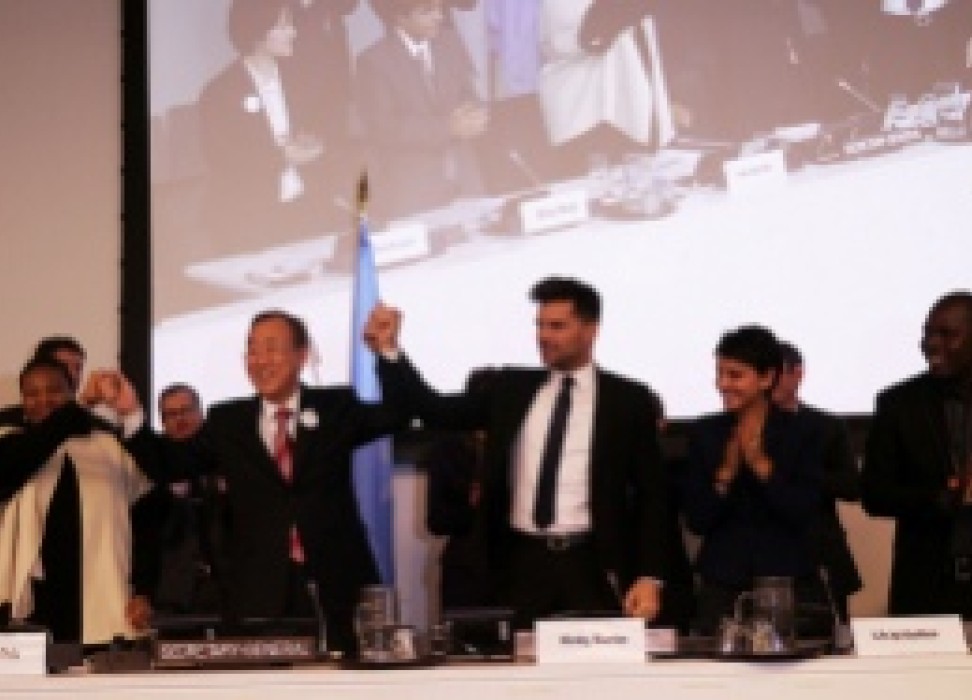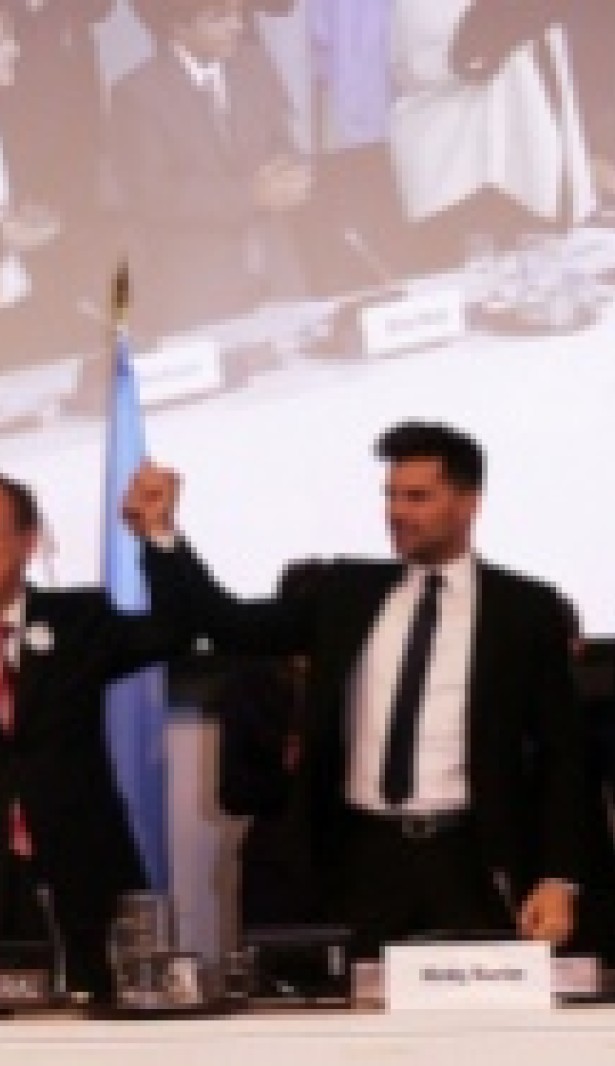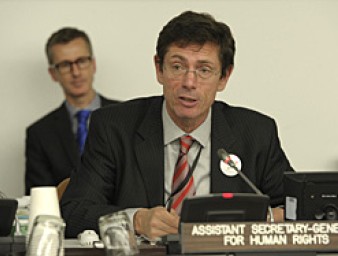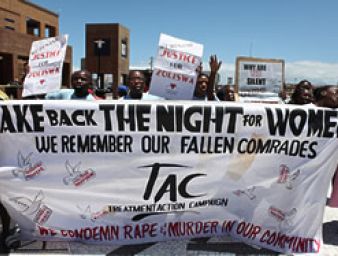UN taps celebrity power in fight against homophobia
13 December 2012

In a Human Rights Day event, global celebrities Ricky Martin and Yvonne Chaka Chaka joined UN Secretary-General Ban Ki-moon in a call to end violence and discrimination based on gender identity and sexual orientation.
“Let me say this loud and clear: lesbian, gay, bisexual and transgender people are entitled to the same rights as everyone else. They, too, are born free and equal,” declared the UN chief at the event on the need for leadership in the fight against homophobia, held on December 11 at the UN Headquarters in New York.
“It is an outrage that in our modern world, so many countries continue to criminalise people simply for loving another human being of the same sex. In most cases, these laws are not home-grown. They were inherited from former colonial powers,” he observed, adding that “these laws must go”.
Speaking from her experiences as a South African woman born under apartheid, Chaka Chaka said that the fight against homophobia was no different from the fights against racism and sexism.
“The struggle for equality is not a la carte. You can’t just accept equality for some but then withhold it from others because you disagree with them or you disapprove of them. Equality is equality for all or it isn’t equality at all,” she said.
The “Princess of Africa”, who has been at the pinnacle of African popular music for more than 20 years, called on more celebrities to take a stand against homophobia.
“We are not asking for special rights. We are only asking for the same rights. We don’t want to be more or less; we just want to be the same,” said chart-topping singer Ricky Martin.
In December 2011, the UN Human Rights Office published the first official UN report on violence and discrimination against lesbian, gay, bisexual and transgender (LGBT) people. The report documented widespread human rights abuses. More than 76 countries still criminalise consensual, same-sex relationships, while in many more discrimination against LGBT people is widespread – including the workplace and in the education and health sectors. Hate-motivated violence against LGBT people, including physical assault, sexual violence, and targeted killings is recorded in all regions.
While opinion among States remains divided, sentiment has shifted significantly in recent years. In 2005, when the first joint statement on human rights sexual orientation and gender identity was proposed at the then Commission on Human Rights, only 32 States signed on. By 2011, that number had grown to 85, reflecting growing awareness that acts of violence and discriminatory laws and practices against LGBT people warrant the attention of the world body. In June 2011, the Human Rights Council adopted the first UN resolution on violence and discrimination against LGBT people.
The UN Secretary-General launched an international appeal two years ago for action to end violence and discrimination against LGBT people. Leading by example, he has told his senior managers that discrimination against staff on the basis of sexual orientation will not be tolerated. He has also asked for a review of UN rules and policies to ensure that the rights of LGBT staff are protected.
The French Minister for Women’s Affairs, Najat Vallaud-Belkacem, and three human rights activists - Blas Radi from Argentina, Gift Trapence from Malawi and Olena Shevchenko from Ukraine – also spoke at the event. South African freedom icon, Archbishop Desmond Tutu, sent a video message, saying: “We cannot claim that our societies are free and equal as long as some amongst us are treated as inferior, denied even their basic human rights.”
The event was organised by the UN Human Rights Office; the Permanent Missions to the United Nations of Argentina, Brazil, Croatia, the European Union, France, Israel, Japan, the Netherlands, New Zealand, Norway and the United States; Human Rights Watch; and the International Gay and Lesbian Human Rights Commission.
New York, 12 December 2012
Webcast of the 11 December event
OHCHR page on Combatting discrimination based on sexual orientation and gender identity
Born Free and Equal - OHCHR publication on sexual orientation and gender identity in international human rights law



